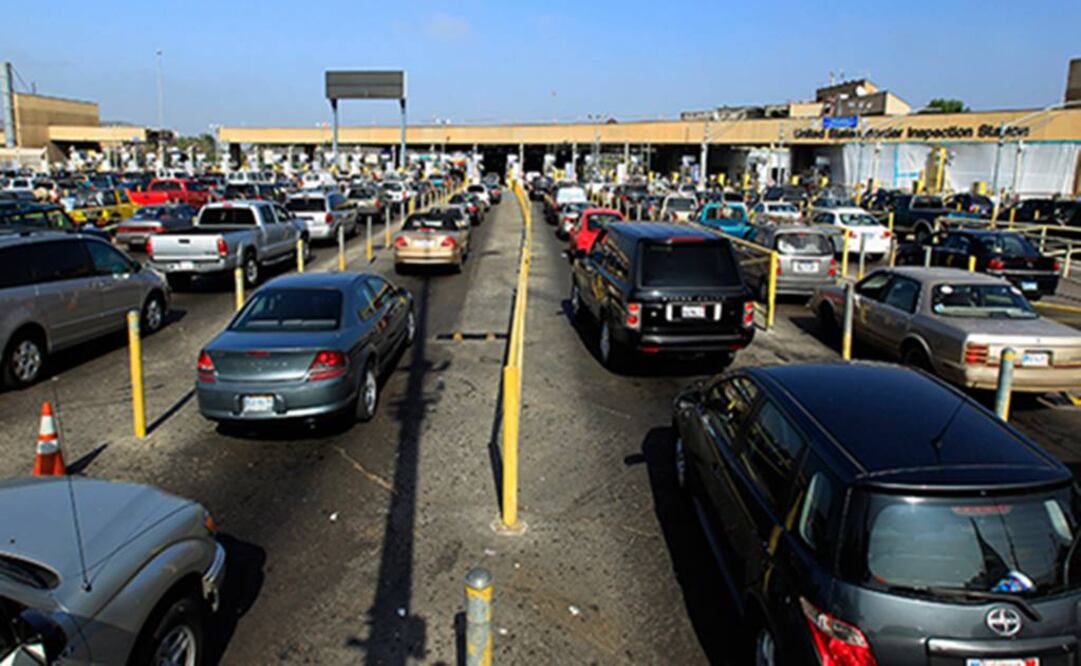Más Información

Defensa podrá cancelar licencias de portación de armas, determina la Corte; argumenta que es por seguridad pública
"Estás viendo tormenta, hijito, y no te hincas"; Ricardo Monreal le pide a su hermano Saúl desistir de la gubernatura de Zacatecas

Designan a Rosaura Martínez Ruíz nueva integrante de la Junta de Gobierno de la UNAM; es hija de la secretaria de Ciencias

Captan en video a regidora de Ocotlán cargando y manoteando a mono araña; Profepa presenta denuncia penal por posesión ilegal

“Ya bájale de hue..."; levantan y agreden al periodista Epifanio López en Chiapas; pide medidas de protección
Less than one percent of immigrant arrests made by the U.S. Border Patrol in Arizona happen at the various inland checkpoints, according to a new report.
The figures obtained by the ACLU following a lawsuit raise questions about the efficacy of the checkpoints and come amid growing opposition to them.
Critics say the checkpoints result in racial profiling and abuse of power by agents. The Border Patrol says they are crucial to catching human and drug smugglers who cross illegally into the United States.
But very few arrests are made at checkpoints. For example, only about 800 of the 120,939 immigrant apprehensions made by the Border Patrol in the Tucson Sector in fiscal year 2013 were made at checkpoints. That's 0.67 percent.
The checkpoints can be within 100 air miles of the country's border and are usually located on highways and small roads. People who drive through a checkpoint are asked to reveal whether they are U.S. citizens.
James Lyall, an ACLU attorney who focuses on the Arizona border with Mexico, said the data show why the Border Patrol has been less than forthcoming with arrest and seizure statistics from checkpoints.
"If policy makers and the public are able to get complete and accurate information from the agency, it may be a lot harder for the Border Patrol to justify these operations with the usual blanket claims that they're efficient and effective," Lyall said.
Tucson Sector chief Manny Padilla has defended the checkpoints. At a protest in May, he said the checkpoints are a crucial component of the agency's strategy and that they are strategically located in routes that smugglers take.
The agency said in a statement Thursday that it can't comment on ongoing litigation.
Lyall is helping represent two residents of a small Arizona town called Arivaca who say the checkpoints are marred with racial profiling and constitutional violations. The residents and others from the area have spent the past year monitoring agents at a checkpoint in Amado, Arizona, jotting down details they observe, such as the model of cars and the apparent ethnicity of drivers pulled over for secondary inspection.
A federal magistrate judge recently denied the ACLU's request for a temporary injunction that would have allowed the monitors to get closer to the agents. The lawsuit is ongoing.
Noticias según tus intereses
[Publicidad]
[Publicidad]









